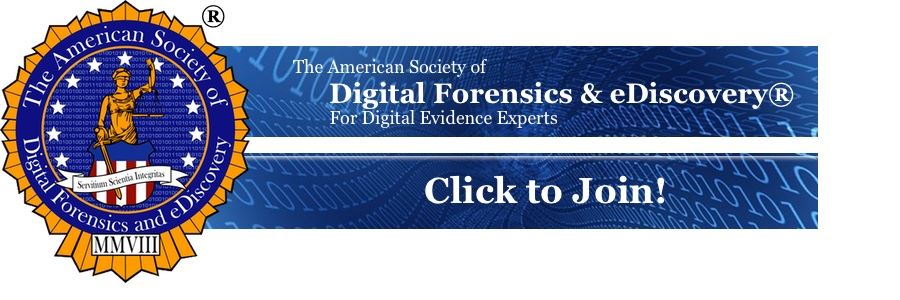-
-
LNK File Computer Forensics
-
LNK files in Computer Forensics
LNK files (also known as Windows shortcut files) are essential to review during a computer forensics examination of a hard drive because they can provide valuable information about the activity that took place on the computer.
LNK files occur when users create a shortcut to another file or folder on their computer. They contain information about the location of the file or folder that the shortcut points to, as well as other metadata such as the date of the shortcut creation date and the name of the shortcut.
During a forensic examination of a hard drive, LNK files can determine what programs and files a user were accessing on their computer. It can be helpful in several situations, such as deciding what websites a user visited or what files they used. LNK files are in various locations within a hard drive's logical file structure. However, in Windows 7 and later, the location of these files changed due to the movement of the user folder.
- In Windows XP - C:\Documents and Settings%USERNAME%\Recent
- In Windows 7 and 10,- C:\Users%USERNAME%\AppData\Roaming\Microsoft\Windows\Recent.
LNK files can also provide information about the user's behavior and habits. For example, by examining the names and locations of the shortcuts, it may be possible to determine what programs and files the user accessed most frequently. It can help investigators understand the user's workflow and computer use.
In addition to providing information about the user's activities and habits, LNK files identify any anomalies or suspicious activity on the computer. For example, if an LNK file points to a file or folder that does not exist on the hard drive, it could indicate that the user deleted the file or moved it to a different location. Similarly, suppose an LNK file points to a file or folder in a suspicious location (such as a temporary internet folder). In that case, it could indicate that the user was downloading or accessing illicit content.
It is important to note that the user can delete or modify LNK files, so forensic examiners need to consider this when analyzing them. It is also essential to consider an LNK file's context, as this can help investigators understand the significance of the information contained within the files.
In summary, LNK files are an essential aspect of a computer forensic examination because they can provide valuable information about a user's activity and habits and help investigators identify any anomalies or suspicious activity on the computer. By carefully reviewing and analyzing LNK files, forensic examiners can better understand the events that took place on a computer and use this information to support their investigations.
